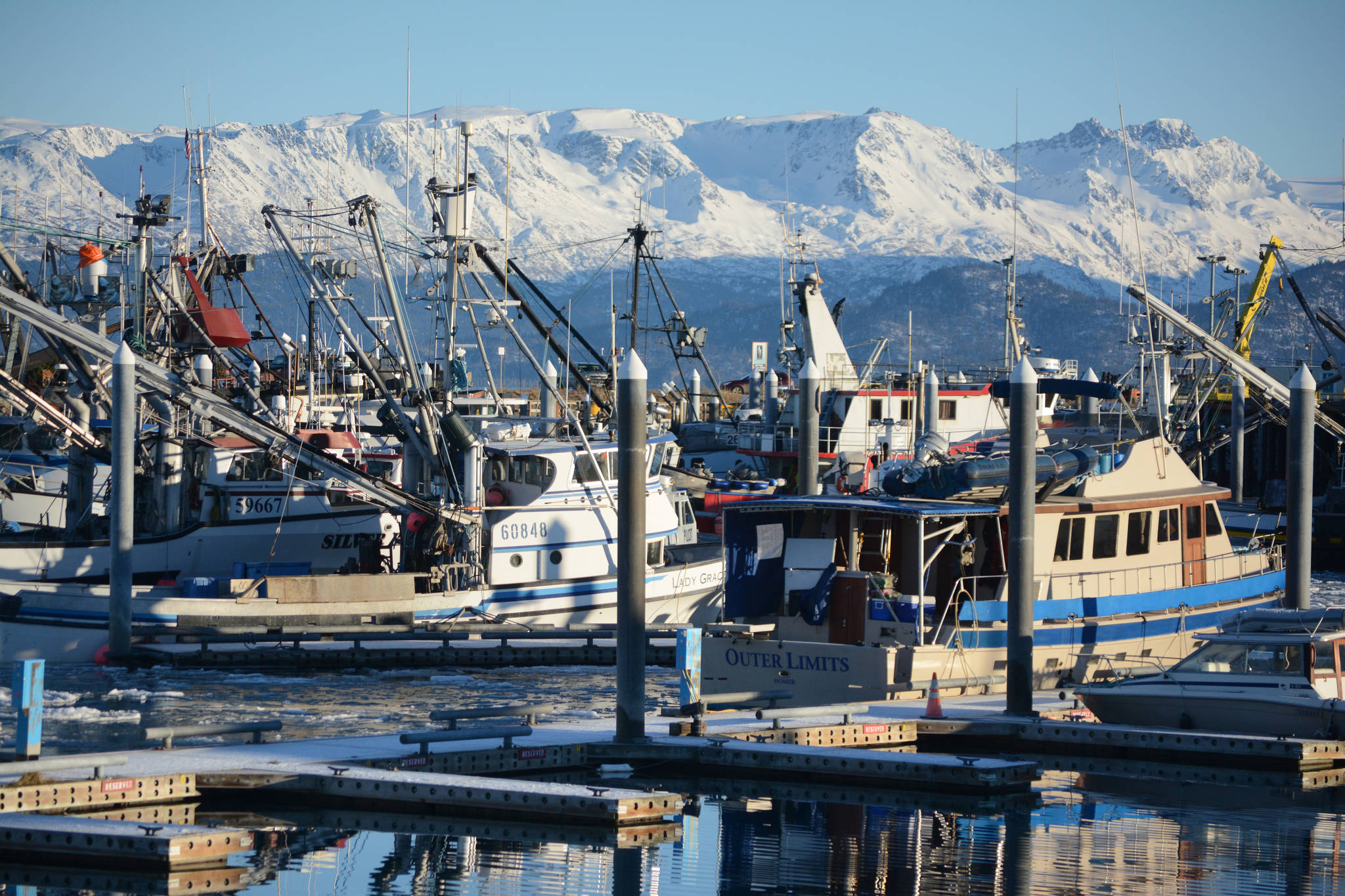The global COVID-19 pandemic continues to wreak havoc in the fishing industry with processors continuing to pay tens of millions of dollars in related costs, the largest processing plant in North America being shut down for weeks, and the Coast Guard issuing a mask mandate aboard vessels until further notice.
Intrafish Media did a deep dive into what processors are spending on COVID-related costs, including items like testing thermometers, masks and gloves, reworking processing lines to allow for social distancing, extra employees to sanitize things between shifts, putting up employees in hotels to quarantine, and more.
They estimated that major processors in Bristol Bay spent as much as $30-$40 million each during the salmon season, with the quarantine requirements alone costing about $3,500 for each worker, plus having to charter flights so employees didn’t mingle with other passengers who had not quarantined.
They also had to hire on-site medical personnel and pay for testing at $175 per pop, testing each employee multiple times.
So far Congress has not included the processors in COVID relief bills, but it is under discussion.
The Trident plant in Akutan, the largest processing plant in North America, closed for several weeks after a major outbreak, and the Trident plant in Dutch Harbor is now closed, as well as the Alyeska plant. The Unisea plant in Dutch Harbor was closed but has since re-opened.
Those closures came as the lucrative pollock and crab seasons were just getting underway, but at least as far as the crab seasons go, boats have mostly been able to shuffle deliveries around between boats in various co-ops, according to vessel owner Ian Pitzman.
“At this point I think the co-ops are working amongst themselves to handle delivery schedules with previously share-matched quotas,” Pitzman said.
He added that as far as he was aware there haven’t been any structural changes with the IFQ program that dictates where vessels can delivery their catch, although there may have to be if the pandemic drags on much longer.
Currently there are quotas that must be delivered in either the northern or southern region of the Bering Sea, so boats whose quota is designated for St. Paul in the Pribilof Islands are not able to deliver in Dutch Harbor, known as regionalization.
Changing that system is what Pitzman described as “a really big deal.”
That could only be done by an emergency declaration, which would take time.
On top of all that the Coast Guard has issued a rule that all U.S. fishing vessels must require everyone onboard to wear a mask at all times, even when they’re sleeping.
The rule went into effect on Feb. 1; only people who are single-handing are exempt, and the Coast Guard has signaled that they plan to enforce it, although they haven’t said what kind of fine would be levied for noncompliance.
The Coast Guard is taking comments on the new requirement. Email comments to wearamask@uscg.mil.
Cristy Fry can be reached at realist468@gmail.com



